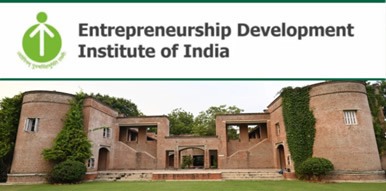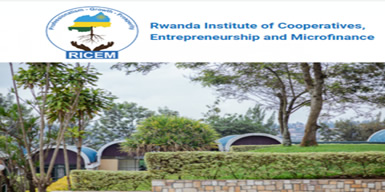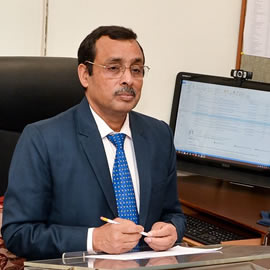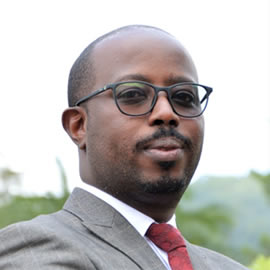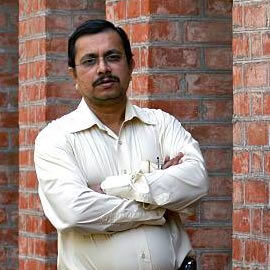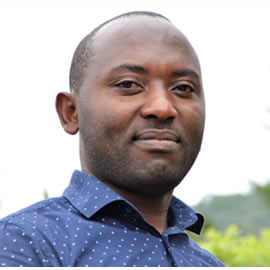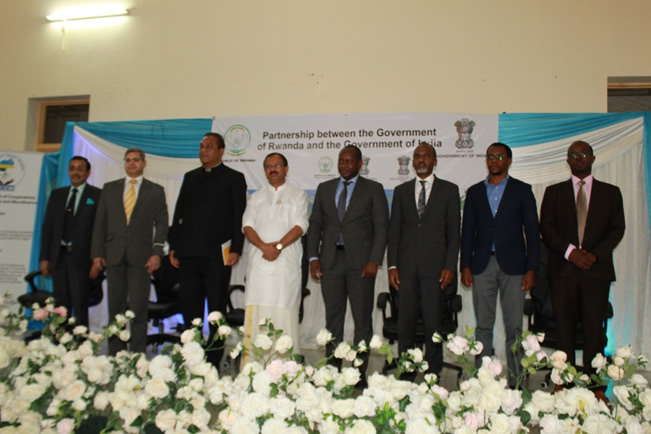
Entrepreneurs tend to change our personal and work life. Their innovative enterprises create wealth and contribute the growth of. In the process, their efforts lead to better standards of living,. It is now established that entrepreneurship, innovation and economic development are interlinked and have the power to create ripple effects and notable impact on job creation. Entrepreneurs need to be cultivated, motivated, and remunerated as national assets. Their role is pivotal in economic development, especially in a country like Rwanda which has a vision to become an upper middle-income country by the year 2035 and to reach high-income status by 2050. The National Strategy for Transformation (NST1) of the Government is a seven-year implementation program for 2017–2024 with clear view on inclusive economic growth, job creation, and private sector-led development in a variety of growth sectors, including diversified tourism, local manufacturing, productive agriculture and agro-processing, and knowledge-based services and information and communications technology (ICT).
The Government of Rwanda has developed a comprehensive and implementation ready Entrepreneurship Development Policy (EDP) aimed at building a vibrant and sustainable entrepreneurial Ecosystem. It replaces the earlier MSME policy to make entrepreneurship much more inclusive and address the needs of the young population of Rwanda.
Rwanda – India Entrepreneurship Development Centre (RIEDC) is an initiative of the Government of Rwanda and the Government of India to become a significant partner in implementing the EDP.
